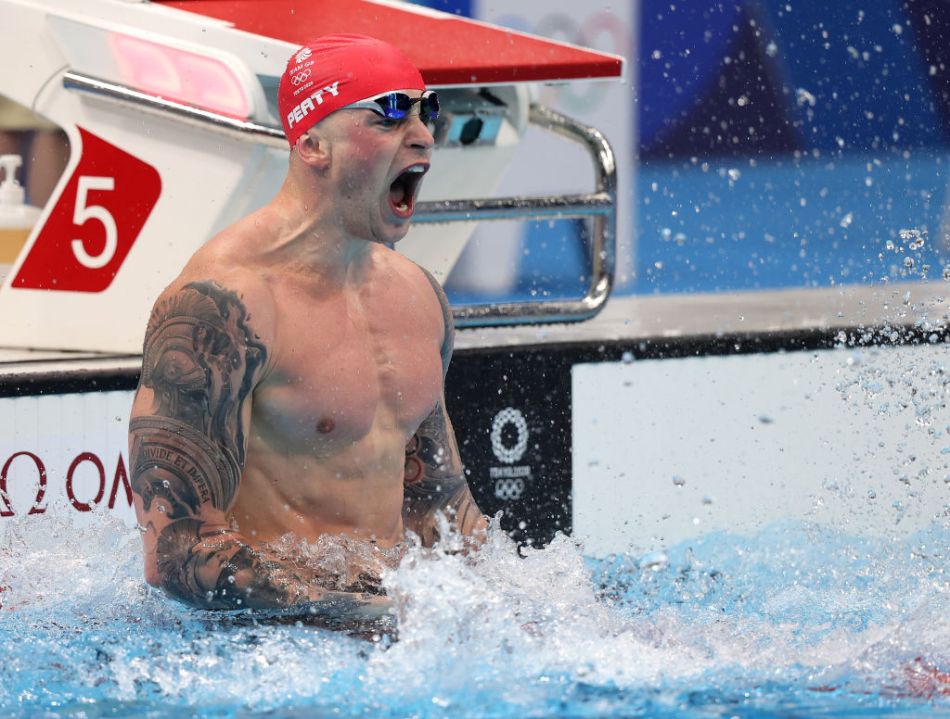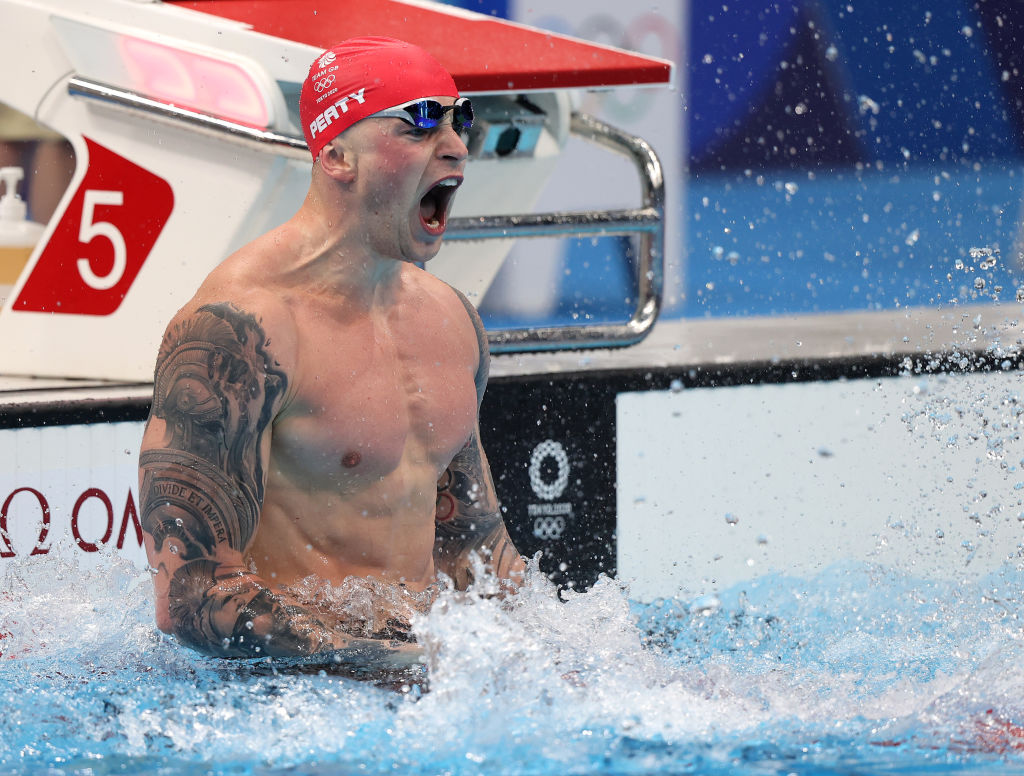For viewers of the BBC Olympics coverage, it’s back to the old days. Not since Sydney in 2000 has all the Games content been squeezed into the main terrestrial channels, with the red button and its one extra stream making its debut in Athens 2004. ‘The Olympics are perfect for interactive television,’ said a BBC executive celebrating the innovation, ‘because there are so many events happening at the same time.’ In the run up to London 2012 we made the promise that UK viewers would be able to watch any event they chose, from beginning to end – and the corporation delivered 24 HD television channels and an equivalent number of online streams to achieve that. The research was unanimous: it allowed tens of millions of people to share every moment, and they loved the amount of choice they could exercise.
Now, in Tokyo, the BBC’s offering has shrunk back to a regular format of one live main channel service and one more via the red button and online – provoking a predictable cloudburst of criticism. But for once this is not really the BBC’s fault. Rather, it shows the way the sports world is heading: at best to a balance between free to air and pay content, or at worst to the international media giants knocking out the public service broadcasters. In this case it was Discovery, with its sports brand Eurosport, which delivered a mighty blow to the PSBs across the continent by paying nearly a billion pounds to own a series of Olympic Games.
What lies ahead is a tough battle for the BBC – and for the other public service broadcasters – to stay relevant for sports fans
The public broadcasters were not guilt-free in this. One participant at the time thinks their representative body, the European Broadcasting Union, let the deal slip through their fingers, and were ‘disjointed and complacent’. The money involved should have been affordable if everyone had paid their share, even from budgets squeezed by governments. But the BBC made the best of a bad outcome by negotiating a deal with Discovery so that they could retain the live coverage on terrestrial channels up to and including Paris 2024. This is required anyway by UK legislation for ‘crown jewel’ events; but all the extra services and thousands of hours of content are now padlocked behind a paywall.
It would be true to say that many viewers won’t notice much difference. BBC1 is by far the most popular way for audiences to enjoy the Olympics, and Adam Peaty’s gold medal and Tom Daley’s triumph were both available live to everyone in the UK. But millions will spot the change, and they have already been making their displeasure known. The new arrangements appear to have come as a surprise, and the BBC has some responsibility here. Their press release announcing the Games coverage said: ‘Building on the success of record-breaking output from Rio 2016… the BBC will once again be at the heart of the world’s biggest sporting spectacle, offering access to each of the 33 sports making up this year’s Olympic Games across TV, radio and online.’ I think we can gently raise an eyebrow at the implication that the coverage would be the same, or even better, than in Rio. The BBC publicity promised 350 hours of live TV coverage, which sounds a lot. But it is a small fraction of the 5,000 hours offered from the previous Games.
What that means is that some events are so far largely missing from the BBC output, and can only be accessed by paying for Eurosport. For viewers, that means they no longer have the immersive experience as part of their licence fee payment; and fans of more niche sports, such as equestrianism, have struggled to find BBC coverage. There is less opportunity for youngsters to become enthralled by every hour of their favourite sport. That means in turn that the sports will lose out: their audiences will be smaller, and their power to inspire will be diminished. Supporters of the new model point out that bigger rights fees do mean more money for grassroots sport; but that plan didn’t work out too well for cricket, which has now edged back towards the conventional broadcasters.
What lies ahead is a tough battle for the BBC – and for the other public service broadcasters at ITV and Channel 4 – to stay relevant for sports fans. It matters because sport can still be the biggest show for the nation, with 30m people watching the Euro 2020 final and even more, cumulatively, watching the summer Olympic Games. In fractured times, enjoying a football final or a thrilling 100 metres race can be among the few things that bring us together. For now, they do so via television services that we can all access. But the chipping away by pay television is diminishing our choice and adding to families’ bills. It may be inevitable, but it is sad too. The spirit of London 2012 didn’t spread itself across Britain and the world by magic. It needed free-to-air broadcasting to make it work.







Comments